开元通宝:古钱币的精品推荐
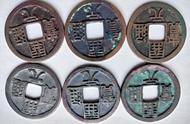
开元通宝为唐代货币,钱币在唐代始有“通宝”。唐初沿用隋五铢,轻小淆杂。唐高祖武德四年(621年),为整治混乱的币制,废隋钱,效仿西汉五铢的严格规范,开铸“开元通宝”,取代社会上遗存的五铢。
《旧唐书·食货志》记载:“(唐)高祖即位,仍用隋之五铢钱。武德四年(621)七月,废五铢钱,行开元通宝钱,径八分,重二铢四絫,积十文重一两,一千文重六斤四两。”钱文由书法家欧阳询书写,面文“开元通寳”,形制仍沿用秦方孔圆钱
开元通宝
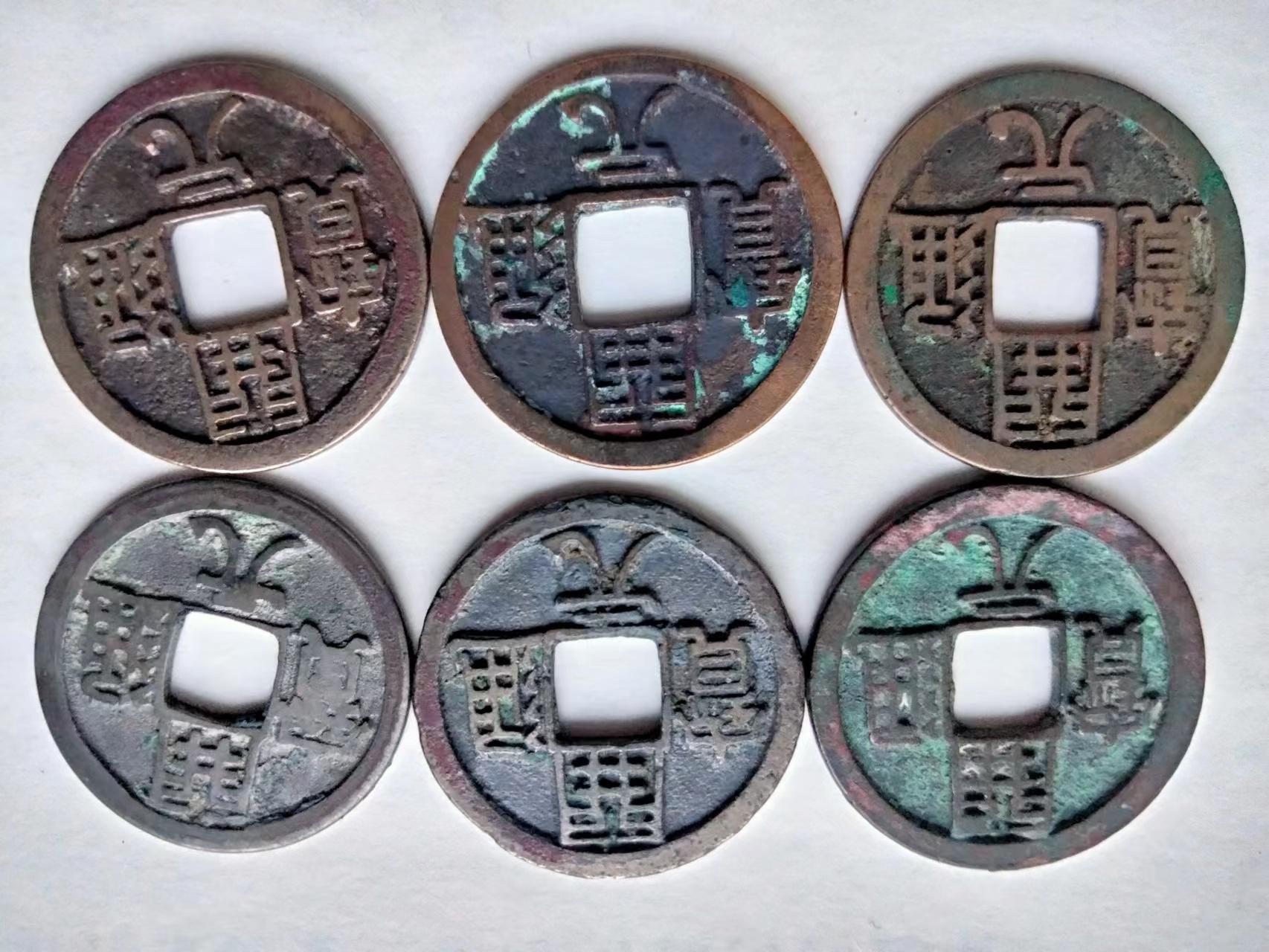
“开元通宝”钱币正面印刻着“开元通宝”四字,字迹清晰,苍劲有力。观其铸体,铸制规整,边圆廓正,坦平地章,穿缘廓干净,优良铸工,更显字廓深竣挺拔,精整有加。品赏其钱文,可开元通宝之特有字体端美亮眼,十分耐赏!钱币正反面氧化一致,有明显的绿锈包浆,为开门到代真品古币,反面上月,为背月版,存世稀有,具有极高的收藏价值。
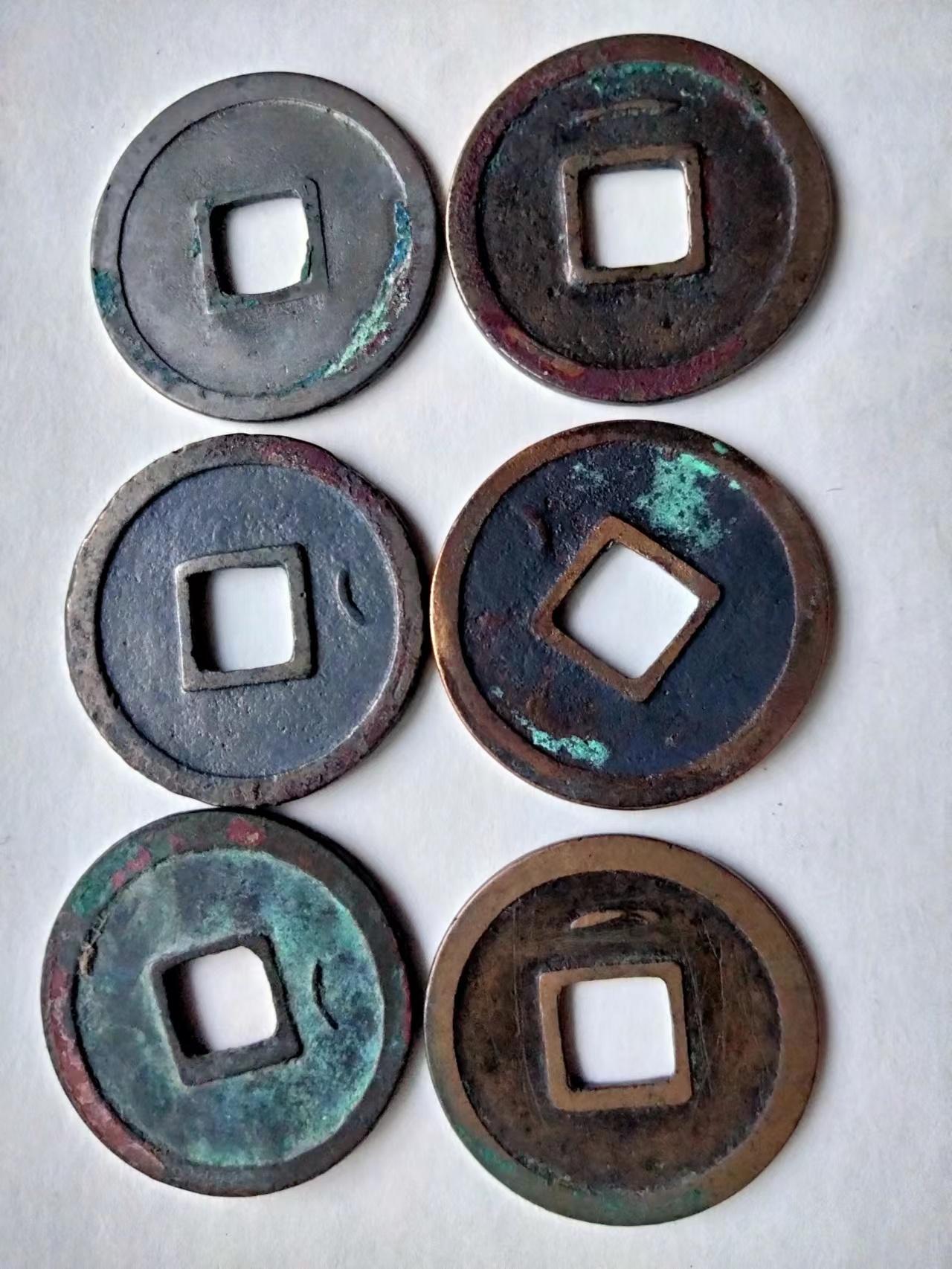
开元通宝为我中华盛世之古币,当时唐朝占全球百分之八十的GDP,在国际上享有天国之称号,在国际上的经济地位,可以说是一国独大,所以有外国友人还会称呼我们为唐人,在国外也有唐人街,开元见证着我国的繁荣,它也是十分精美规范的古钱币,铸工比元明清更为精美,可见千年之前我国的冶炼技术已经非常的发达,这几枚无磕无残,包浆自然开门,是一枚具有极大收藏潜力的古币。
五铢钱是中国古代的一种铜制通货。钱上有“五铢”二篆字,故名。汉武帝于元鼎四年(前113年)下令禁止郡国铸钱,把各地私铸的钱币运到京师销毁,将铸币大权收归中央。中央政府成立专门的铸币机构,即由水衡都尉的属官(钟官、辨铜、技巧三官)负责铸钱。钟官负责铸造,辨铜负责审查铜的质量成色,技巧负责刻范。面文“五铢”二字的钱最初铸于汉武帝元狩五年(公元前118年),重如其文,被称为五铢钱。
五铢钱

钱文严谨规矩,“五铢”二字修长秀丽,风格较为一致,“五”字交笔缓曲,上下与两横笔交接处略向内 收。“铢”字“金”头有三角形、箭镞形两种,四点方形较短。“朱”字头方折,下垂笔基本为圆折,头和尾与“金”字旁平齐,笔画粗细一致。
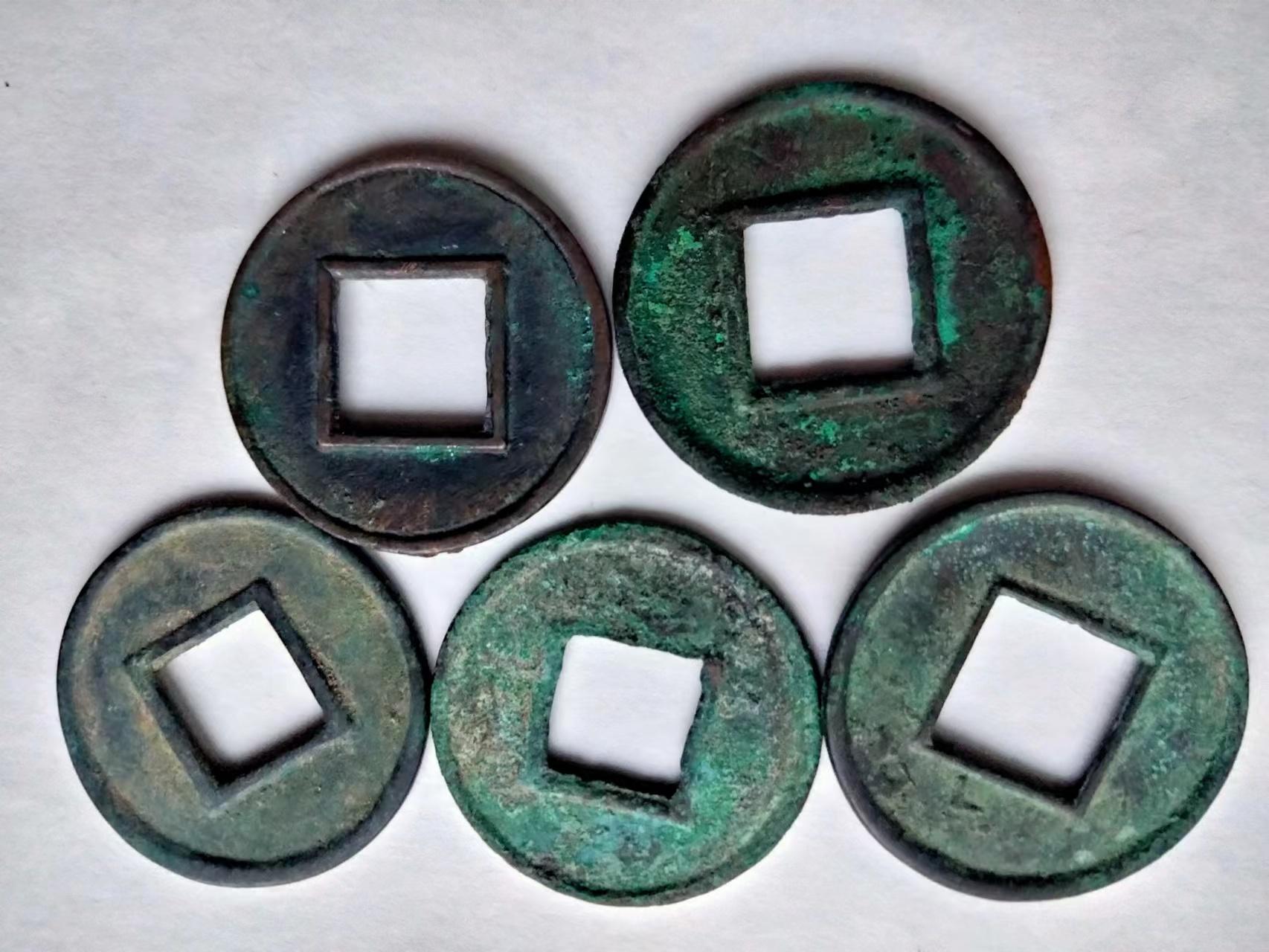
“五铢钱”铸行七百多年不废,充分证明它适应了当时的经济发展要求,和普通民众的文化心理状态。它外圆内方,和当时人们对自己生存的世界是个天圆地方的认知相呼应。它外观古朴,简洁端正,“五”是“十”进位制数的半数,选用“五”作计值,易兑换、找零,流通方便;它以篆体为币文,字体、工艺,变幻无穷,出类拔萃的美感,至今仍让我们在辨赏时心旷神怡、赞叹不已,此币品相完美,字迹清晰,又为大五帝币之一,极具收藏价值。
英文翻译:Kaiyuan Tongbao was the currency of the Tang Dynasty. Early Tang dynasty use Sui Wuzhu, light small confuse. Tang Gaozu Wude four years (621), in order to rectify the chaos of the currency system, abandoned sui money, imitate the western Han Wuzhu strict norms, opened the casting of "Kaiyuan Tongbao", to replace the social remaining Wuzhu.
"Old Tang book · Food and goods annals" records: "(Tang) Gaozu ascended the throne, still use the sui five baht money. Wude four years (621) July, waste five baht money, line kaiyuan tongbao money, diameter eight, weight two baht four 絫, the product of ten heavy one or two, one thousand heavy six catties four. Written by ouyang Xun, a calligrapher, the text on the front is "Kaiyuan Tong Bolding", and the shape of the coin is still the same as the round coin with holes in qin Fang
Kaiyuan TongBao
"Kaiyuan Tongbao" coin is printed on the front of the "Kaiyuan Tongbao" four words, clear handwriting, vigorous and powerful. View of its cast, cast orderly, the edge is round, flat chapter, wearing edge clean, excellent foundry, but also show the word profile deep tall and straight, refined add. Appreciate its money, kaiyuan Tongbao unique font end beautiful bright eye, very tolerant! The oxidation of both sides of the coin is consistent, and there are obvious green rust patina. To open the door to the genuine ancient coin, the opposite side of the last month is the back moon version, which is rare and has a high collection value.
Kaiyuan TongBao ancient Chinese war for me, at that time, the tang dynasty accounts for eighty percent of global GDP, enjoy the pearly title in the world, in the international economic status, can be said to be one country alone big, so there are foreign friends will call our tang dynasty, in a foreign country also has a Chinatown, kaiyuan witnessed the prosperity of our country, it is also a very beautiful ancient COINS, The foundry is more beautiful than the Yuan, Ming and Qing dynasties. It can be seen that China's smelting technology has been very developed a thousand years ago. These several coins have no knock and no residue, and the patina opens the door naturally.
Five baht money is a copper currency in ancient China. The money has "Wuzhu" two seal characters, hence the name. In the fourth year of Yuanding (113 BC), Emperor Wudi of the Han Dynasty banned the coinage of counties and states, and sent the coins privately cast in various places to the Capital To be destroyed, and transferred the power of coinage to the central government. The central government set up a special coin minting institution, that is, the subordinate officers of the water Heng commander (zhong Guan, Distinguish bronze, and skills) were responsible for casting money. Zhong guan is responsible for casting, copper discerning is responsible for examining the quality of copper, skill is responsible for carving. The "Wuzhu" coin was originally cast in the fifth year of the Reign of Emperor Wudi of the Han Dynasty (118 BC). It was as heavy as its text and was called the Wuzhu coin.
Weight of money
Qian wen rigorous rules, "Wuzhu" two words slender beautiful, the style is more consistent, "five" word pen slowly, up and down and two horizontal pen intersection slightly inward. "Baht" word "gold" head triangle, arrowhead shape two, four square shorter. "Zhu" head square fold, pendulous pen is basically round fold, head and tail and "gold" word side flush, stroke thickness is the same.
The casting of "Wuzhu money" has not been abandoned for more than 700 years, which fully proves that it adapted to the requirements of economic development at that time, and the cultural and psychological state of ordinary people. It was round on the outside and square on the inside, which corresponded to people's understanding that the world they lived in was a round sky and a round place. Its appearance is simple, simple and correct, "five" is "ten" carry half of the number, choose "five" as the count value, easy exchange, change, convenient circulation; It takes seal script as currency text, font, technology, endless changes, outstanding beauty, still let us feel relaxed and happy when appreciating, praise unceasingly, this coin is perfect, clear writing, and one of the five emperor coins, has great collection value.
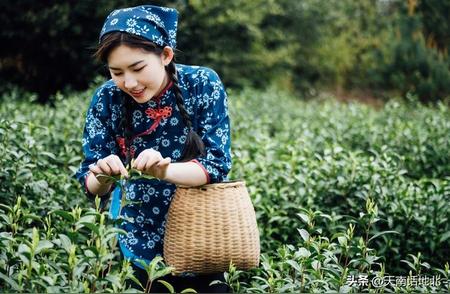

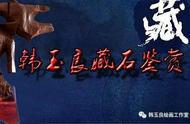
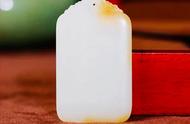
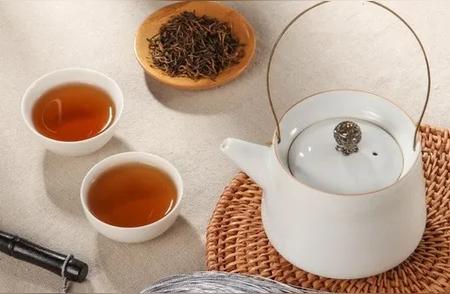


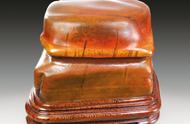

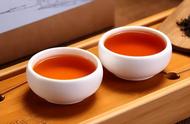

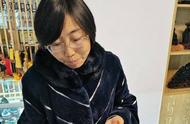
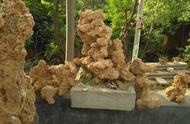
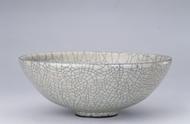

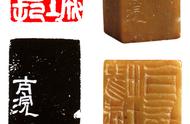
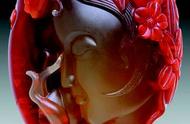
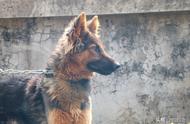

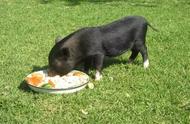
 鲁公网安备37020202370212号
鲁公网安备37020202370212号